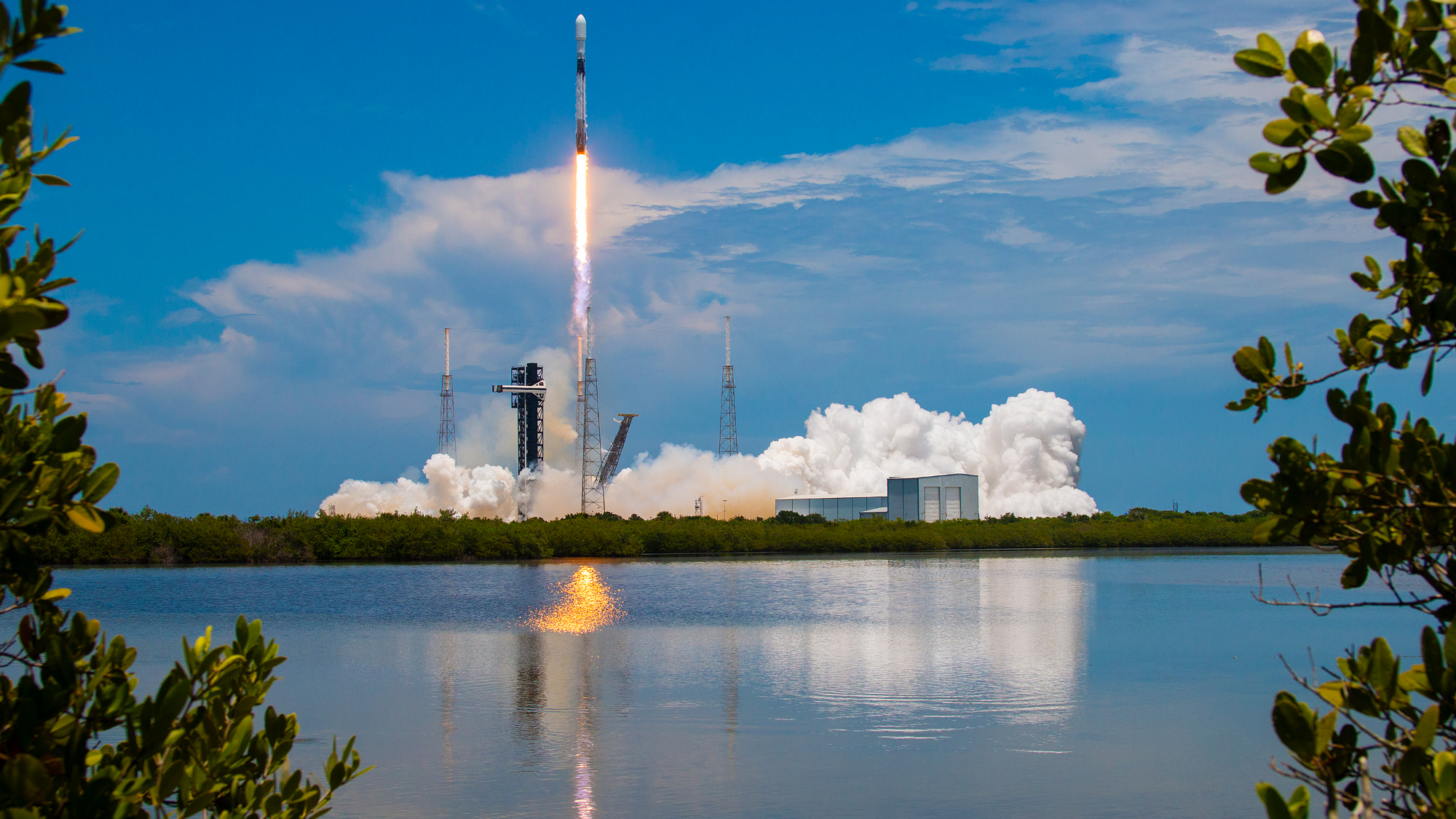Satellite TV Push Key to Eutelsat's Profits
PARIS — Satellite fleet operator Eutelsat said demand for satellite capacity in recent months has been strong throughout its coverage region but especially in Central and Eastern Europe, Russia, Ukraine and part of Africa.
The Paris-based company said the near-term growth picture is even better than it had expected, enabling it to raise its revenue target for the fiscal year ending June 30, to 910 million euros ($1.18 billion) from the previous 900 millions euros.
Eutelsat said its profit margin and free cash flow all increased in the second half of 2008 as television demand continues to show strength, even in mature markets such as Western Europe. The number of TV channels on Eutelsat's fleet over Western Europe has increased by 16 percent in the past two years, while the channels beaming over Central and Eastern Europe, the Middle East, Russia and parts of Africa have increased by 55 percent in the same period.
Eutelsat has six satellites on order, including the Hot Bird 10 satellite successfully launched Feb. 12 and an Atlantic Bird 4R satellite expected to be contracted in the coming weeks.
The company's fleet was 97.6 percent full as of Dec. 31, compared to 84.6 percent a year earlier and 82.2 percent in December 2006. The fill rate does not include satellites in inclined orbit, a fuel-saving procedure used to give satellites near the end of their service lives a few additional years of limited revenue-generating capability.
In a Feb. 10 conference call on Eutelsat's performance during the six months ending Dec. 31, Chief Executive Giuliano Berretta said the loss of the W2M satellite in January will have no serious impact on Eutelsat's near-term growth given the company's spare in-orbit capacity.
W2M, launched Dec. 20, had performed well during four weeks of in-orbit testing. But as it was being moved to its final orbital position at 16 degrees east longitude, the system that delivers power from the satellite's solar arrays to its batteries failed, for reasons that remain unclear. The satellite continues to operate normally but, because its batteries cannot be charged, it is inoperable during eclipse periods.
Breaking space news, the latest updates on rocket launches, skywatching events and more!
Berretta said W2M was insured for around 120 million euros. The insurance claim, he said, reflects the cost of the satellite minus the annual in-orbit incentive payments that Eutelsat had expected to pay to the W2M manufacturer, a joint venture of Astrium Satellites of Europe and the Antrix commercial arm of the Indian Space Research Organisation.
The Atlantic Bird 4R satellite, to be contracted soon, will be launched in late 2010 to replace the lost W2M capacity, Eutelsat announced. Atlantic Bird 4R will carry 50 Ku-band transponders. W2M carries 30 Ku-band transponders.
Berretta said the overall transponder-pricing environment in Europe remains strong, especially for Eutelsat's core Hot Bird slot at 13 degrees east. Transponders at this position sell for around 4.2 million euros per year, with prices discounted to around 3.8 million euros per year for high-value customers, he said.
Berretta also said Eutelsat believes more than ever in the promise of the satellite-delivered consumer broadband market the company has started to serve with its Tooway service. Tooway capacity will increase sharply in mid-2010 when Eutelsat's large Ka-Sat Ka-band satellite is scheduled for launch.
Some 2,800 Tooway terminals have been sold, but these early customers are using the service to a much greater extent than what Eutelsat expects from the average customer. The company said that in terms of bandwidth, the current Tooway subscribers are equivalent to 11,000 customers.
Eutelsat is sticking with its earlier estimates that the Ka-Sat system will reach the financial break-even point at 700,000 subscribers, and will generate more than 100 million euros in annual revenue starting in 2013. Ka-Sat will be located at the 13 degrees east slot where Eutelsat has its key direct-to-home satellite service. Eutelsat officials say Ka-Sat can be repurposed for local television broadcasts in the event its large capacity is not taken up by the consumer and business broadband service.
Eutelsat Deputy Chief Executive Jean-Paul Brillaud said Ka-Sat had a capacity of 2 million subscribers.
Eutelsat's D-Star Ku-band broadband service to businesses, which has been on the market for several years, has shown renewed strength in recent months. While there are only 9,700 D-Star terminals in the market, the revenue per customer is much higher than for Tooway customers.

Charles Q. Choi is a contributing writer for Space.com and Live Science. He covers all things human origins and astronomy as well as physics, animals and general science topics. Charles has a Master of Arts degree from the University of Missouri-Columbia, School of Journalism and a Bachelor of Arts degree from the University of South Florida. Charles has visited every continent on Earth, drinking rancid yak butter tea in Lhasa, snorkeling with sea lions in the Galapagos and even climbing an iceberg in Antarctica. Visit him at http://www.sciwriter.us
